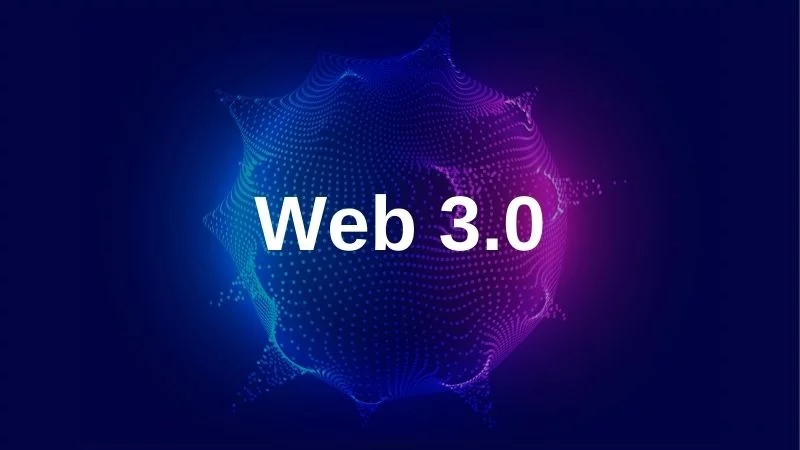
When most people hear the word Web3, their minds immediately jump to cryptocurrency and NFTs. While blockchain technology did rise to fame through Bitcoin and Ethereum, the scope of Web3 goes far beyond digital currencies. In 2025, blockchain is stepping into industries like healthcare, education, and supply chains, proving that Web3 is more than just financial speculation, it’s the foundation for a more transparent and decentralized digital world.
Understanding Web3 Beyond Crypto
Web3 is the next generation of the internet, powered by decentralized networks instead of centralized authorities. At its core lies blockchain, a distributed ledger that records data securely and transparently.
Unlike the earlier hype cycles that focused mainly on trading tokens, today’s Web3 applications are solving real-world problems such as data security, verification, and trust.
Blockchain in Healthcare
Healthcare systems around the world struggle with issues like fragmented patient records, fraud, and lack of transparency. Web3 can address these challenges by creating secure, decentralized health data systems.
- Electronic Health Records (EHRs): Patients can own their health data and share it securely with doctors across hospitals and countries.
- Drug Traceability: Blockchain ensures that medicines are authentic, reducing the risk of counterfeit drugs in the supply chain.
- Medical Research: Researchers can share clinical trial data on decentralized networks, improving collaboration and reducing duplication.
By 2025, several pilot projects are already showing that blockchain in healthcare improves trust between patients, providers, and regulators.
Blockchain in Education
The education sector faces challenges with credential verification, student identity, and transparency. Blockchain is emerging as a solution to build trust in academic systems.
- Digital Certificates: Universities can issue tamper-proof diplomas and degrees that can be instantly verified by employers.
- Student Records: Academic history, achievements, and skills can be stored securely on blockchain and carried across institutions.
- Decentralized Learning Platforms: With it, learners can access peer-to-peer education systems, paying instructors directly without intermediaries.
For students, this means ownership of their academic data; for employers, it ensures fraud-free recruitment.
Blockchain in Supply Chains
Global supply chains are vast and complex, often suffering from lack of visibility and accountability. Web3 technology can transform supply chain management by offering end-to-end transparency.
- Product Tracking: From raw materials to finished goods, every step can be recorded on blockchain for verification.
- Fair Trade & Sustainability: Companies can prove ethical sourcing by showing blockchain records of origin.
- Fraud Prevention: Decentralized ledgers reduce corruption, fake products, and mislabeling.
Major industries like food, fashion, and electronics are already adopting supply chain blockchain solutions to build trust with consumers.
Why Web3 Matters Beyond Crypto
The real promise of Web3 lies in creating trust without intermediaries. Whether it’s a patient trusting their doctor, a student trusting their degree, or a customer trusting the source of a product blockchain provides the proof.
Moreover, by reducing reliance on centralized authorities, Web3 empowers individuals with greater ownership of their data and digital identity.
Challenges to Adoption
While the potential is immense, it faces hurdles:
- Scalability – Current blockchains struggle with large transaction volumes.
- Regulation – Governments are still figuring out how to govern decentralized systems.
- User Experience – For mainstream adoption, blockchain apps must become as simple as today’s mobile apps.
Final Thoughts
Web3 is not just about crypto trading or NFTs, it’s about building a decentralized internet for real-world impact. By transforming healthcare, education, and supply chains, blockchain is proving that its value lies in solving problems of trust, transparency, and security.
As adoption grows, the next decade of the internet may well be defined by Web3 technologies that empower individuals, enhance industries, and reshape digital society. Also learn about rise of AI agents.
